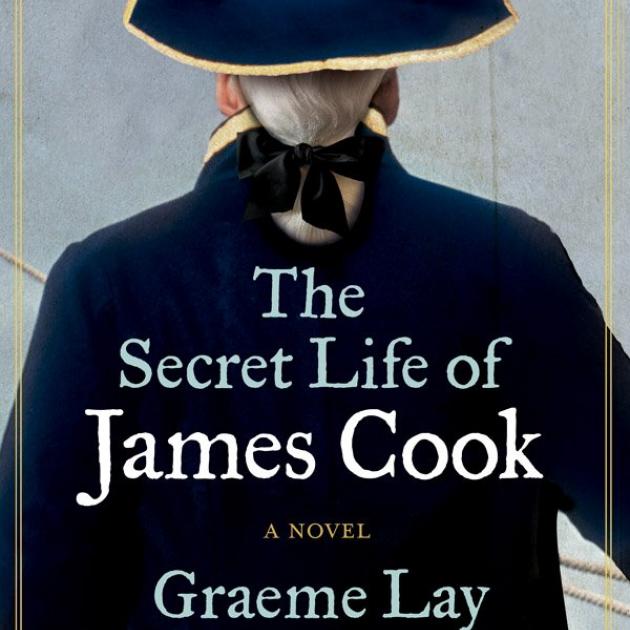
His names and memorials dot our landscape, tourists travel here to see his landing sites and it is even said that he partly inspired the Star Trek science fiction series and spinoffs.
So it is only natural that novelists have followed the hordes of biographers and historians. The Secret Life of James Cook is not the first fictional interpretation of Cook and his men, but it is a significant work, the first, the author promises, of two, covering Cook's three famous Pacific voyages.
This book covers Cook's life from his birth in 1728 to the end of his first great Pacific voyage of 1771. As some readers may know, his loving wife Elizabeth did us a great disservice by burning his writings after his death, so Graeme Lay supplements Cook's published works and the words of his fellow travellers with a fictional diary written by Cook for her eyes only.
It is a smart move. Cook was always rather reserved, the archetypal Enlightenment Man, forever struggling to do the ''proper'' thing, so this combination of omniscient narrator, published journals and private writers enables Lay to inject some human feelings into the body of historical figure. Thus he is able to tick off the irrepressible Joseph Banks for unwittingly but insensitively defiling a Polynesian sacred site. It also enables him to personalise the costs of exploration in terms of Cook's prolonged isolation from his beloved wife and ill-fated children.
Historical fiction can be tricky. Use its greatest strengths to their fullest, and historians may quibble at liberties being taken with ''facts'', sketchy and contested though they may be. Plump up the book with too much historical background, painfully gained though as it usually is, and the book may grind along too painfully for novel readers.
So what is Lay's Cook like? In many ways he is true to what we know of the man. So little of Cook's personal writings survive that although Lay adds some emotional layers to the historical skeleton, Cook still emerges as a little too self-controlled and distant. Banks was always the man you'd rather take pub-crawling. Maybe that is a consequence of trying to be true to the man himself.
Oddly, my only reservation about a very enjoyable book was that fictional diary. I have read Cook's writings and have even been privileged to see some of the originals, and know that in an age when spelling and syntax were more fluid than today and when a self-taught man could be forgiven for some eccentricity, Lay's Cook spells far too goode ... er, well.
- Gavin McLean is a Wellington historian.

